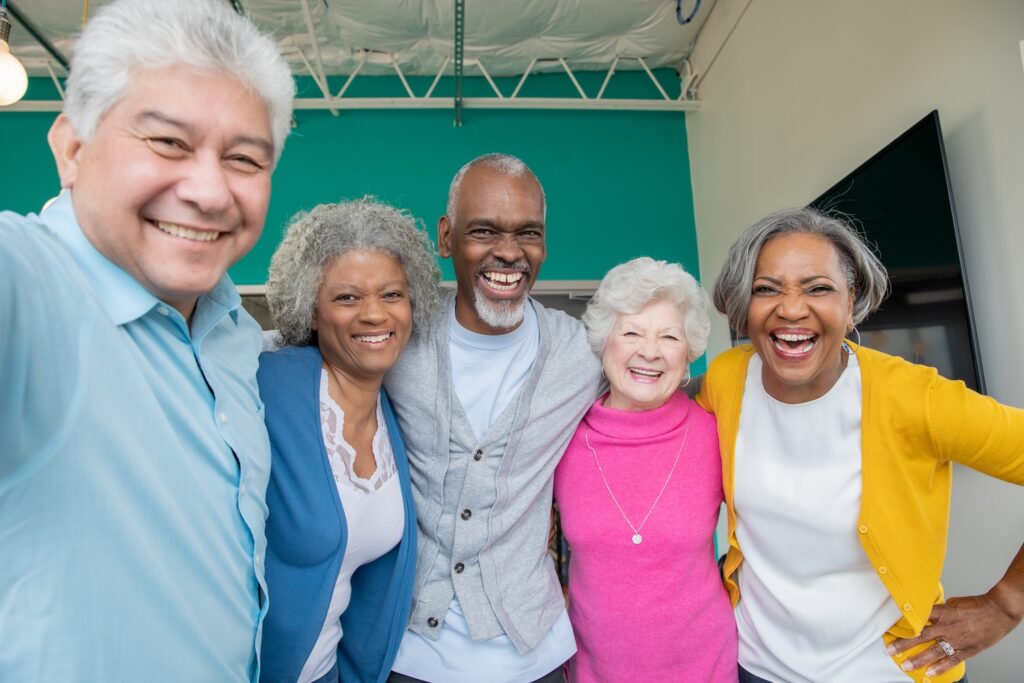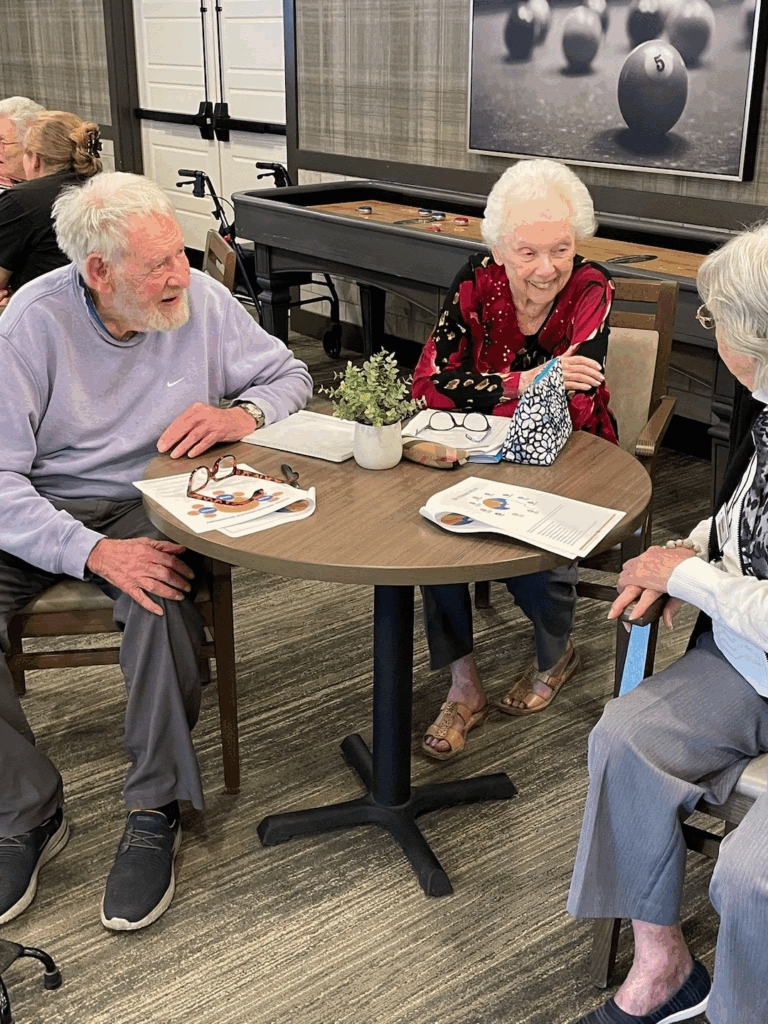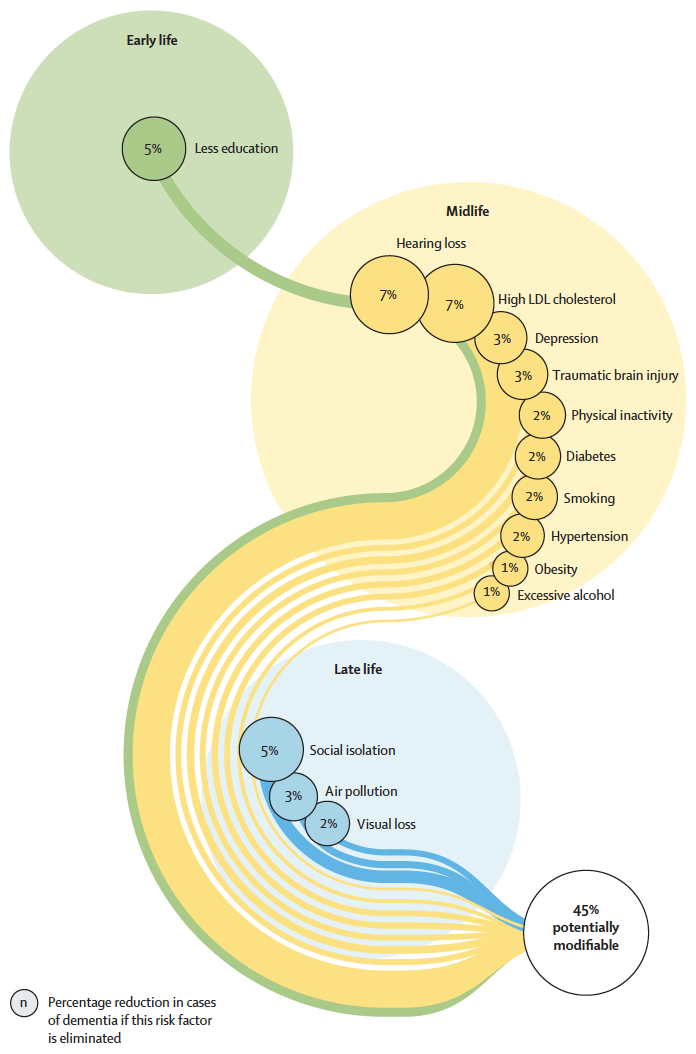
TBH Programs Improve Brain Fitness: Results of the ACAR Brain Health Intervention Study
Adults 65+ often experience changes in cognition, including memory. Longstanding evidence shows interventions such as lifestyle changes and memory training can improve thinking and cognitive vitality. However, most research has focused on longitudinal outcomes or laboratory-based interventions. There have been few naturalistic studies looking at the impact of cognitive wellness training in active aging communities. In addition, there is a lack of evidence for the value of sustainable, scalable interventions delivered in-place by existing staff to promote healthy cognition and wellbeing in this population.
Data is now available to fill that gap. The recently concluded ACAR Brain Health Intervention Study shows the robust, significant benefits of brain health training for adults in congregant living. The results demonstrate strong support for small group training designed to empower residents to be brain healthy, and to help them make meaningful changes for sharper thinking and better memory.
The ACAR Brain Health Intervention Study stemmed from a collaborative research partnership between Acts Retirement-Life Communities, researchers at the Alabama Research Institute on Aging, and Total Brain Health. Spearheaded by primary investigator Dr. Ian McDonough, associate professor of psychology at the University of Alabama-Tuscaloosa, the 2-year investigation enrolled residents from 23 Acts Retirement-Life Communities. All participants were 65+, resided in independent living, and without a previous diagnosis of memory disorder.
The study used Total Brain Health’s small group cognitive wellness programs as the primary training intervention. Designed especially for aging adults, TBH’s programs reflect a methodology grounded in wellness-based lifestyle interventions across body, mind, and spirit; Social-Based Brain Training that uses the power of social engagement for cognitive benefit; and experiential or “hands on” training.
549 Acts residents participated and were randomly assigned to either 1 of 3 active interventions groups or a waitlist control group:
TBH BRAIN WORKOUT Program Group. Led by Acts staff, participants learned about behaviors promoting cognitive (how to focus attention), physical (how to eat healthy), and socio-emotional (how to stay socially engaged) wellbeing.
TBH MEMORY Program Group. Led by Acts staff, participants learned how memory works, how wellbeing impacts memory, and how to use several practical memory strategies to enhance recall for names, conversations, and more.
The Book Club Group. Led by a peer facilitator, participants discussed brain health knowledge from a book on brain health each week.
Waitlist Control Group. Did not participate in any brain training during the study.
The 3 active groups met for 1-hour weekly for 8 sessions over a 2-month period. Participants completed a packet of self-report measures to assess wellbeing and brain knowledge before training began, immediately at the conclusion of the training classes, and 2 months later.
Analyses of the data was overseen by Dr. McDonough. The results showed that participants in the active intervention groups benefited significantly from the programs when compared to those in the waitlist control group. Furthermore, several of the improvements remained evident at the 2-month follow-up. Specifically, those in the intervention groups were:
Empowered with greater knowledge about how they can take care of their brains
Had greater confidence in their memory and brain fitness
Used more memory strategies than they had before the training
In addition, at the end of the 8-week training participants in both the TBH BRAIN WORKOUT Program and Book Club groups were significantly more likely than those in the control group to:
Make healthier lifestyle choices to support brain health
The results of the ACAR Brain Health Intervention Study offer a meaningful contribution to what we know about the benefit of brain wellness training in active aging settings. First, these outcomes show that such interventions can make a real difference for older adults, giving them the capacity to make brain healthier lifestyle choices, feel more secure in their ability to care for their cognition, and use techniques to improve their memory.
In addition, while independent living communities can play a key role in cognitive wellness research, there have been few meaningful partnerships between academics, communities, and cognitive program providers. The Acts Retirement-Life Communities Center for Applied Research (ACAR) is a forward-thinking model of how organizations can help foster collaborations to contribute knowledge about the benefits of communal settings for older adults. Acts staff were a key part of the research process, giving them the opportunity to gain meaningful professional experience. They were supported by the ACAR team as well as Acts corporate staff as they helped guide the investigation in their communities.
Perhaps most importantly, these findings clearly show that staff-led cognitive wellness training is clearly valuable and sustainable when delivered in ways that are affordable and scalable. As the Lancet Commission on Dementia Prevention, Intervention and Care (2017) charged, “(G)iving people information about how to prevent or treat dementia is an essential first step but is not enough. There is a responsibility, not just as professionals but as a society, to implement this evidence into interventions that are widely and effectively used … . Interventions have to be accessible, sustainable, and, if possible, enjoyable or they will be unused.” The ACAR Brain Health Intervention Study demonstrates that such interventions exist and can be robustly delivered in ways that help older adults thrive.



